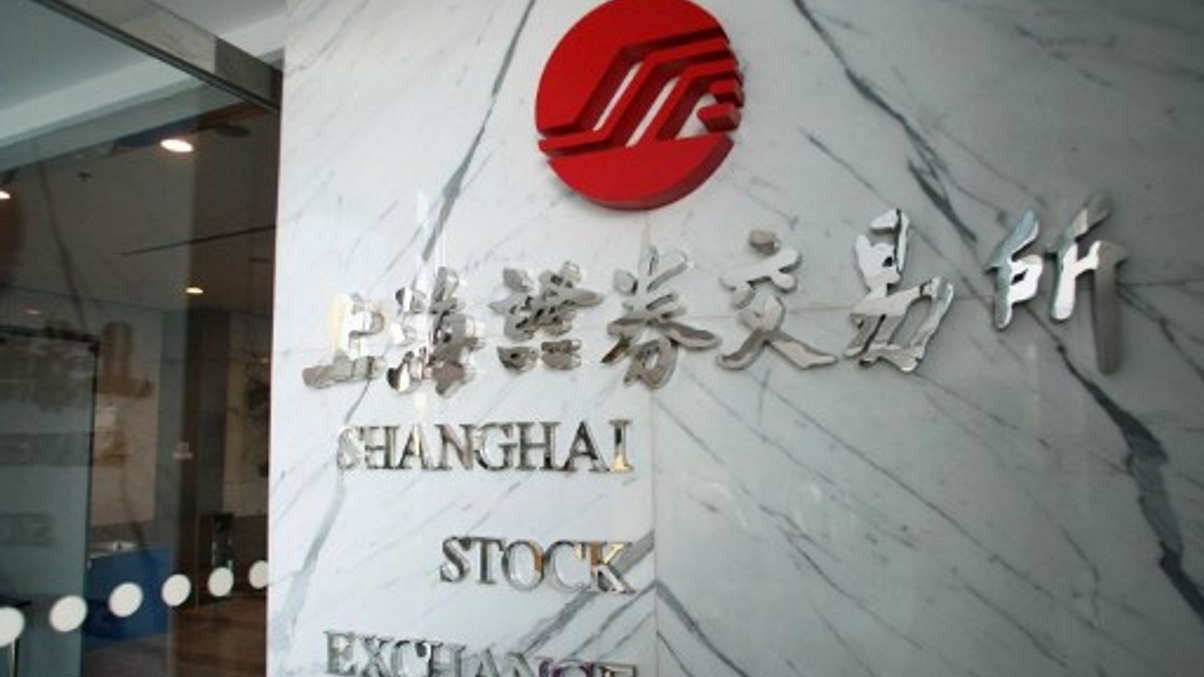China's index curb adds to investor worries
Fund managers, already concerned about Beijing’s intervention in the stock market, won’t welcome a proposed index circuit breaker.

Foreign fund managers, already alarmed by restrictions imposed on China’s stock market by the government, can add a new reason not to put their money into the country: regulators are introducing an index circuit breaker.
Sign in to read on!
Registered users get 2 free articles in 30 days.
Subscribers have full unlimited access to AsianInvestor
Not signed up? New users get 2 free articles per month, plus a 7-day unlimited free trial.
¬ Haymarket Media Limited. All rights reserved.


